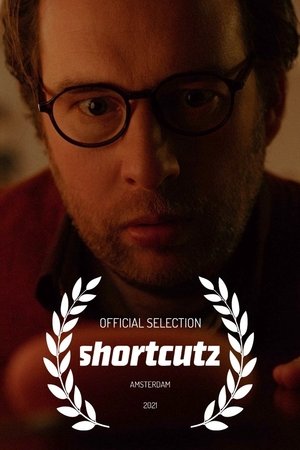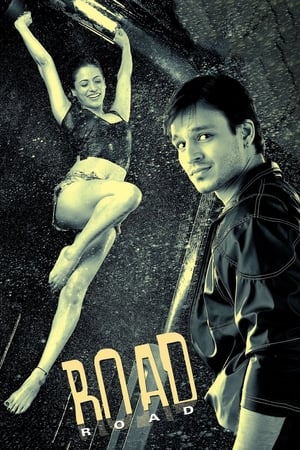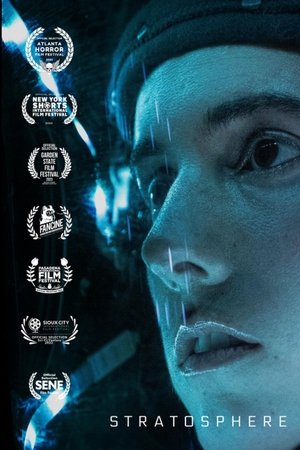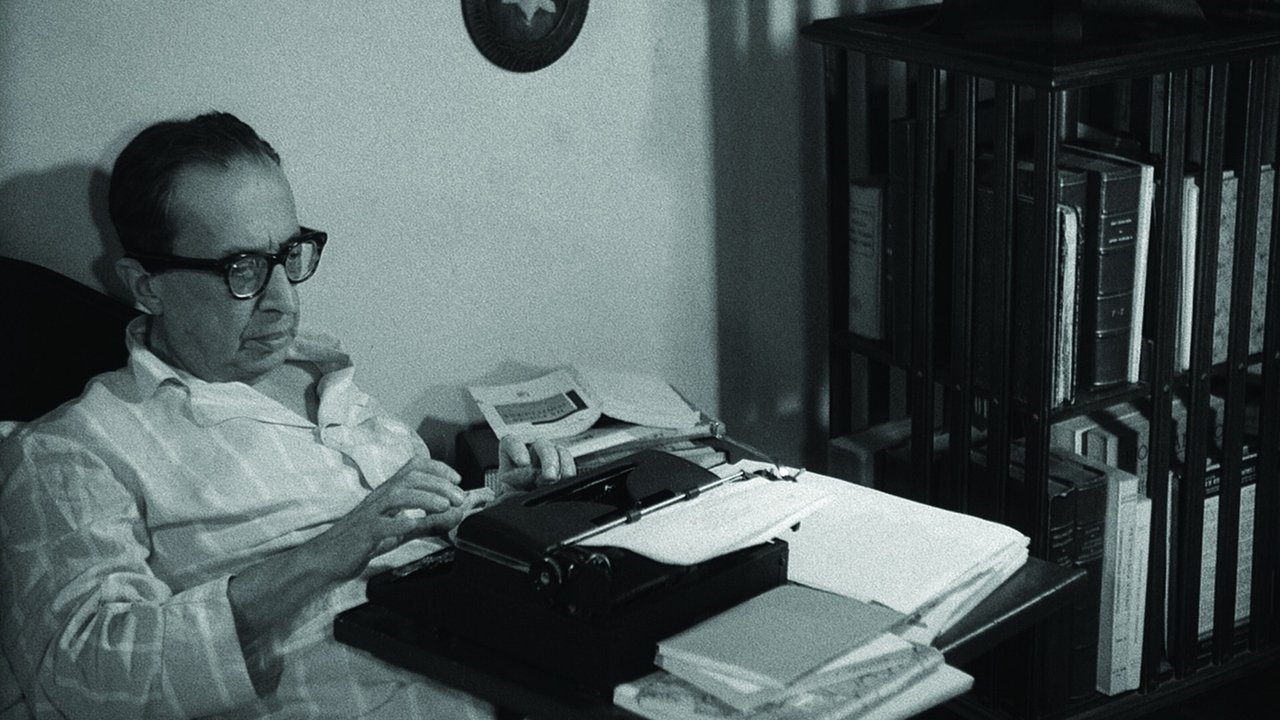
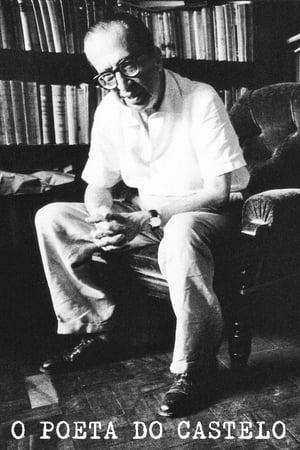
The Poet of the Castle(1959)
A 10-minute portrait of modernist poet and de Andrade’s godfather, Manuel Bandeira, is clear in its affection for it subject, though like many New-Waveish films of the time, depicts the modern urban landscape as an ominous and alienating force.
Movie: The Poet of the Castle
Top 1 Billed Cast
Self

O Poeta do Castelo
HomePage
Overview
A 10-minute portrait of modernist poet and de Andrade’s godfather, Manuel Bandeira, is clear in its affection for it subject, though like many New-Waveish films of the time, depicts the modern urban landscape as an ominous and alienating force.
Release Date
1959-01-01
Average
6.9
Rating:
3.5 startsTagline
Genres
Languages:
PortuguêsKeywords
Recommendations Movies
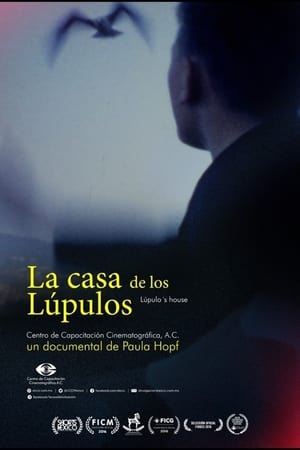 8.8
8.8Lupulos' House(en)
An emotional journey that takes us into one father – daughter relationship, through their struggles and dificultéis, ending in the house by the sea where they were happy together.
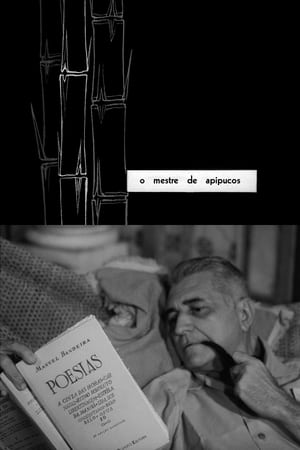 6.6
6.6The Master of Apipucos(pt)
Documentary about influential Brazilian sociologist Gilberto Freyre, made in his country house in Apipucos, Pernambuco (Northeast Brazil).
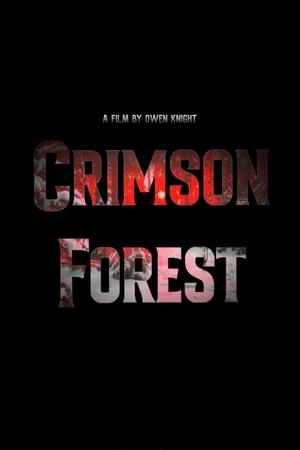 6.2
6.2Crimson Forest(en)
Upon waking up in a strange forest, a young man questions whether or not the environment around him is real or a figment of his imagination.
Home(en)
Through eloquent portrayals of four different life experiences — birth, aging, marriage and the death of a parent — Home addresses how the dissolution of the nuclear family and the increasing control of daily life by institutions have affected the individual. The subjects of this verité documentary include a ninety-four year-old woman in a nursing home and a young man caring for his terminally ill mother at home.
 6.5
6.5Marty Simpson: I am Coach(en)
Marty's act is filled with actual events from his life. Everything he says is a true story based on something that either happened to him, his kids, or that he made up entirely. (Do we need to point out that this is sarcasm? Wow, even the parentheticals have sarcasm.)
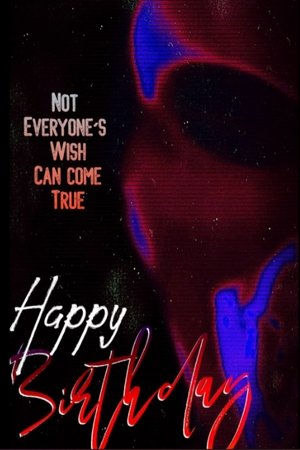 5.3
5.3Happy Birthday!(en)
An unlucky Birthday boy must fight for his life against a masked psychopath.
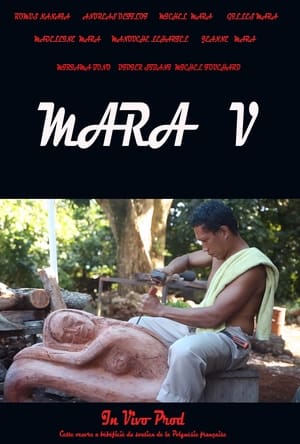 9.5
9.5Mara V(en)
This film takes the form of an investigation into the life and work of the sculptor Vaiere Mara, born in 1936 in Rurutu, in the Austral Islands (French Polynesia) and died in Arue in 2005. Mara sculpted wood, coral and stone and his production was remarkable and noticed from the 1960s. Many local personalities placed orders with the man whom some considered the first contemporary Polynesian artist. The film traces the director's journey in search of Mara's works, scattered across islands and continents, and the personal story of this exceptional artist. Combining testimonies from those close to him, reconstructions of the founding moments of his career and documentation of the works found, this film appears as an investigation that is at once human, artistic and detective... which allows us to reconstruct the context of Vaiere Mara's creation.
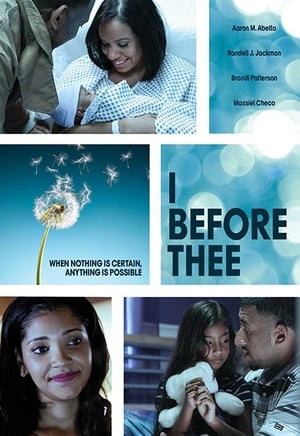 9.2
9.2I Before Thee(en)
Jeffery hasn't been the same since the loss of his wife who died during childbirth. Now crisis returns to his life, as his only child is diagnosed with leukemia, sending him into a tailspin. He turns away from his faith, feeling that life is no longer worth living. As God brings reminders of His goodness into Jeffery's life, will that be enough to guide him back to what matters most?
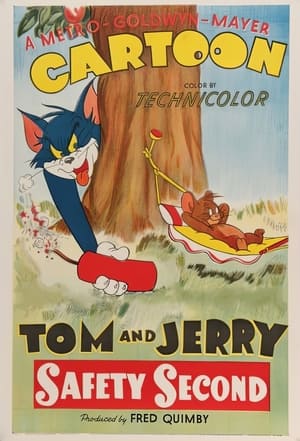 6.6
6.6Safety Second(en)
It's Independence Day, and Jerry's little nephew, Nibbles, wants to celebrate with fireworks, while Jerry reminds him to "keep it safe and sane." Initially, this backfires against Jerry, as his attempts to dispose of the firecrackers Nibbles lights explode in his face, but ultimately, Nibbles saves Jerry from Tom with the usual cartoon uses of black powder.
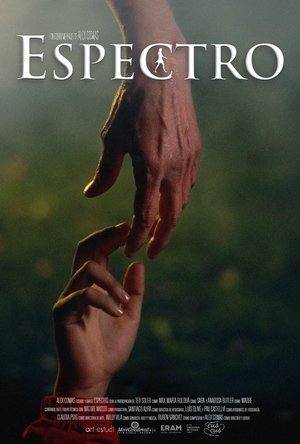 7.5
7.5Espectro(es)
A crafty child who wants to see his mother again after her death, finds a way to do it.
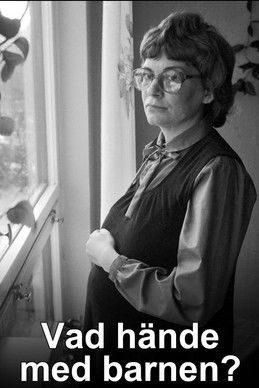 8.0
8.0What happened to the children?(sv)
In this documentary we meet five children in Sweden and see what happened in their lives. Robin was nine years old, but he already knew what a prison looked like and the bad a punishment can do. Frida was not yet born when we filmed her mother Angela in 1983. Her sister Malin lived for several years in a foster family. Bosse was 14 years old and in 9th grade when we met him in 1978. He was the only guy in the class who had glasses. Marie received many postcards and letters from her father, but very rarely met him while she was growing up.
 8.0
8.0AKARI(en)
A Japanese tokusatsu kaiju proof-of-concept short film directed by Takeshi Yagi and written by Yagi, Todd Silverstein, and Jordan A. Y. Smith. It is the end result of a tokusatsu film production course taught by Yagi for the online subscription service Narō. Though only about 6 minutes of footage was cut together and shown at Tokyo Comic Con on November 24, 2022, Yagi and his crew intend to put proceeds from course subscriptions toward getting AKARI made as a feature film or television series. It stars the titular Akari, a woman turned giant with alien technology, fighting off a berserk cybernetic monster.
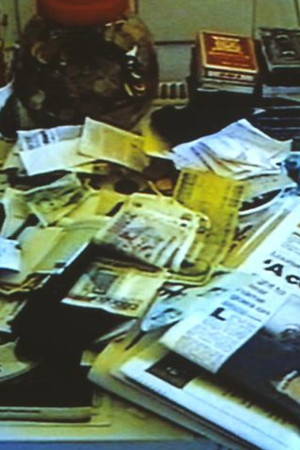 7.8
7.8Tracey Emin C.V. Cunt Vernacular(en)
Emin's video CV is an accompaniment to her work on paper, Tracey Emin CV 1995 (Tate T07632), which is a potted history of the artist's professional and emotional life from conception until 1995. This CV, read aloud by Emin, constitutes the sound-track to the video and provides contrasting background to the visual information on display. As Emin narrates her story of trauma and abuse, mixed with pleasure and success, the video takes the viewer on a journey through the artist's home. The artist is not visibly present in person until the last frames when she appears curled up naked on the floor of her sitting-room at the feet of her mother (who wears black sunglasses and looks away from both her daughter and the camera). Like Emin's handwritten CV, the video constitutes her self-portrait, in this instance adding the component of a journey around the space of her apartment to her narrating voice. -Tate
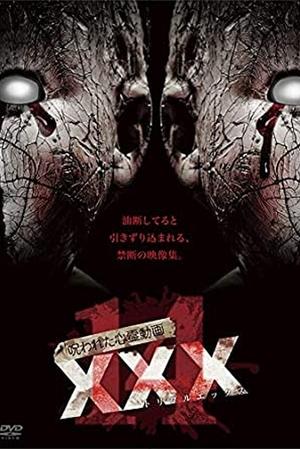 8.0
8.0Cursed Psychic Video XXX 14(ja)
The 14th and scary psychic documentary!! Includes six tapes; "Mirror writing", "Speakerphone", "Name", "Snow country", "Blank time" and "Infinite Retweet".
Similar Movies
 8.2
8.2Night and Fog(fr)
Filmmaker Alain Resnais documents the atrocities behind the walls of Hitler's concentration camps.
Fanalysis(en)
Actor/cult icon Bruce Campbell examines the world of fan conventions and what makes a fan into a fanatic.
Clouds Weep on the Greenness(fa)
A young girl is trying to relate to her grandmother's death which quickly becomes more than a personal loss.
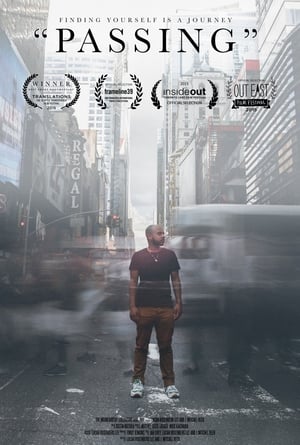 7.0
7.0Passing(en)
A short documentary profiling the lives of three transgender Black men, exploring what life is like living as a Black man when no one knows you are transgender, and their journeys with gender in the years since they transitioned.
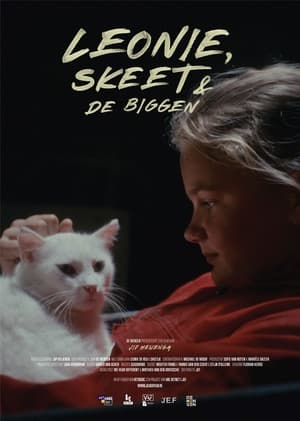 10.0
10.0Leonie, Skeet and the piglets(nl)
Leonie’s dream is to become a pig farmer, just like her parents. She wanders happily around the farm, helping out in any way possible. She tends to the pigs, and is present from the fertilisation of the sows to the moment the truck leaves for the slaughterhouse. The family farm teaches her about the circle of life. However, new laws on nitrogen emissions have undermined the economic viability of the farm, and bankruptcy looms. Together with her cat Skeet, Leonie watches the last pigs disappear from the farm, and she realises that her dream of becoming a pig farmer might not come true.
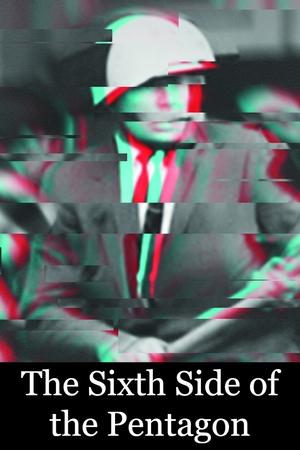 6.0
6.0The Sixth Side of the Pentagon(fr)
On October 21, 1967, over 100,000 protestors gathered in Washington, D.C., for the Mobilization to End the War in Vietnam. It was the largest protest gathering yet, and it brought together a wide cross-section of liberals, radicals, hippies, and Yippies. Che Guevara had been killed in Bolivia only two weeks previously, and, for many, it was the transition from simply marching against the war, to taking direct action to try to stop the 'American war machine.' Norman Mailer wrote about the events in Armies of the Night. French filmmaker Chris Marker, leading a team of filmmakers, was also there.
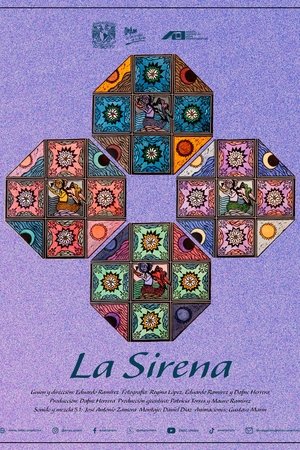 0.0
0.0The Mermaid(es)
A trip that the author makes to a distant beach trying to find the place where his grandfather made a painting years ago.
 0.0
0.0The Daughters of Daedalus(es)
Yolanda has a special relationship with objects, she obtains them, knows them and accumulates them. The protagonist bears witness to the bond she has with the objects she treasures and gives a glimpse of its origin: the loss and love; as we enter her living space, her home.
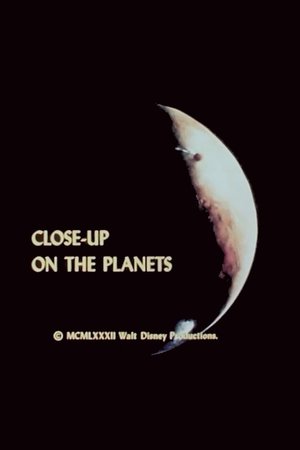 0.0
0.0Close-Up on Planets(en)
Computer animation and footage from NASA space missions explain how our solar system evolved and the place Earth has within the system.
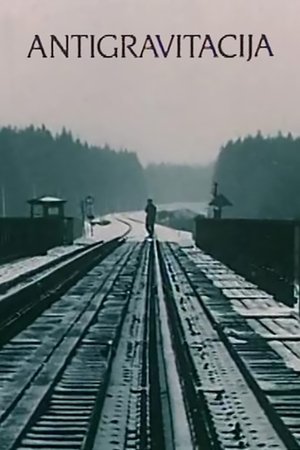 5.2
5.2Antigravitation(lt)
An isolated village in the Lithuanian countryside. Seated in her house, an elderly woman recites an old folk story. Then she climbs up the tall ladder that takes her to the rooftop of the church.
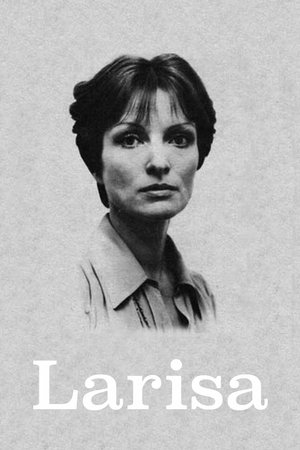 5.9
5.9Larisa(ru)
Elem Klimov's documentary ode to his wife, director Larisa Shepitko, who was killed in an auto wreck.
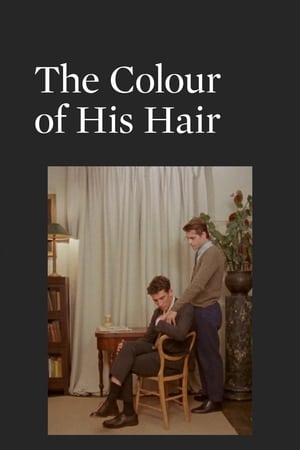 6.4
6.4The Colour of His Hair(en)
Based on an unrealized film script written in 1964 for The Homosexual Law Reform Society, a British organisation that campaigned for the decriminalization of homosexual relations between men, "The Colour Of His Hair" merges drama and documentary into a meditation on queer life before and after the partial legalization of homosexuality in 1967.
Timber Front(en)
This black-and-white archival film outlines the importance of Canada's forests in the national war effort during the Second World War.
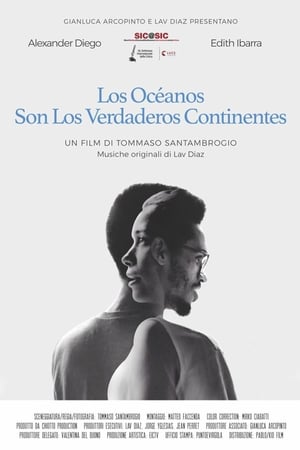 7.2
7.2The Oceans Are the Real Continents(es)
Having Cuba as a background, decadent and in crisis, in a black-and-white lacerated by the Caraibic swinging rain, Alex and Edith, a couple in their 30s, live their love story made of small daily gestures, stories from the past, nostalgia, and a deep intimacy.
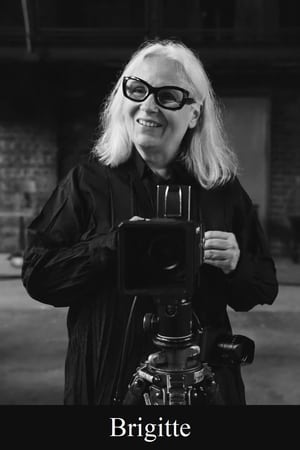 8.0
8.0Brigitte(en)
An insight into the creative process of photographer Brigitte Lacombe, exploring her obsession with taking pictures and how her lens defines her relationship with her subjects and the world.
Darts in the Dark: An Introduction to W.O. Mitchell(en)
Canadian author, humorist and storyteller W.O. Mitchell talks about his career as a writer and performer. Known for his witty radio and television appearances, Mitchell shows a more serious side as he reveals his personal views on writing and on the meaning of life and death.
 0.0
0.0The Mythologist(en)
The many lives of Henry Azadehdel, aka Armen Victorian, aka Henry X, as told by the peace activists, UFO researchers, botanists and everyday people who encountered him - whoever he was.
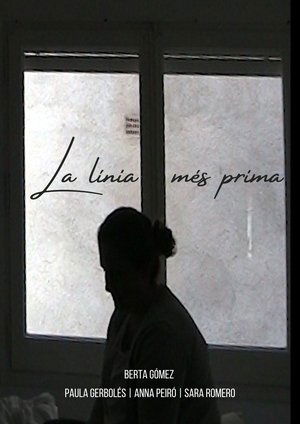 0.0
0.0The Thinnest Line(ca)
A fist-person story of the director of the documentary, who talks about the loneliness that entails living with an eating disorder and her vision now thar she is entering into adulthood.
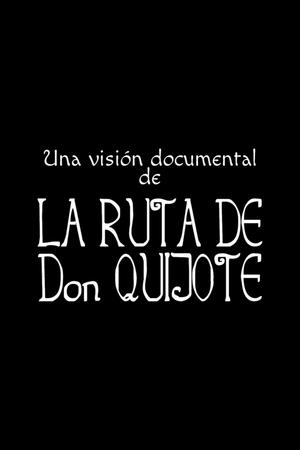 5.2
5.2La ruta de don Quijote(es)
A poetic journey through the paths and places of old Castile that were traveled and visited by the melancholic knight Don Quixote of La Mancha and his judicious squire Sancho Panza, the immortal characters of Miguel de Cervantes, which offers a candid depiction of rural life in Spain in the early 1930s and illustrates the first sentence of the first article of the Spanish Constitution of 1931, which proclaims that Spain is a democratic republic of workers of all kind.
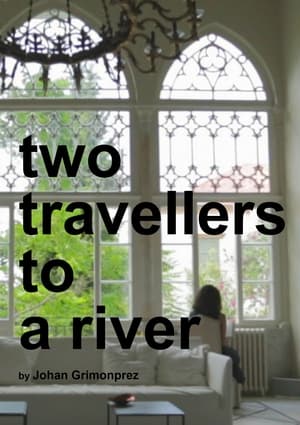 5.0
5.0Two Travellers to a River(ar)
When asked a question on politics, late Palestinian poet Mahmoud Darwish once answered: “I write about love to expose the conditions that don’t allow me to write about love.” In TWO TRAVELERS TO A RIVER Palestinian actress Manal Khader recites such a poem by Mahmoud Darwish: a concise reflection on how things could have been.
